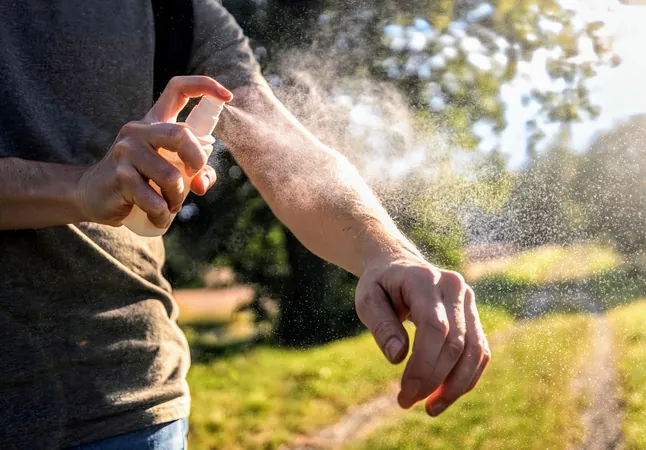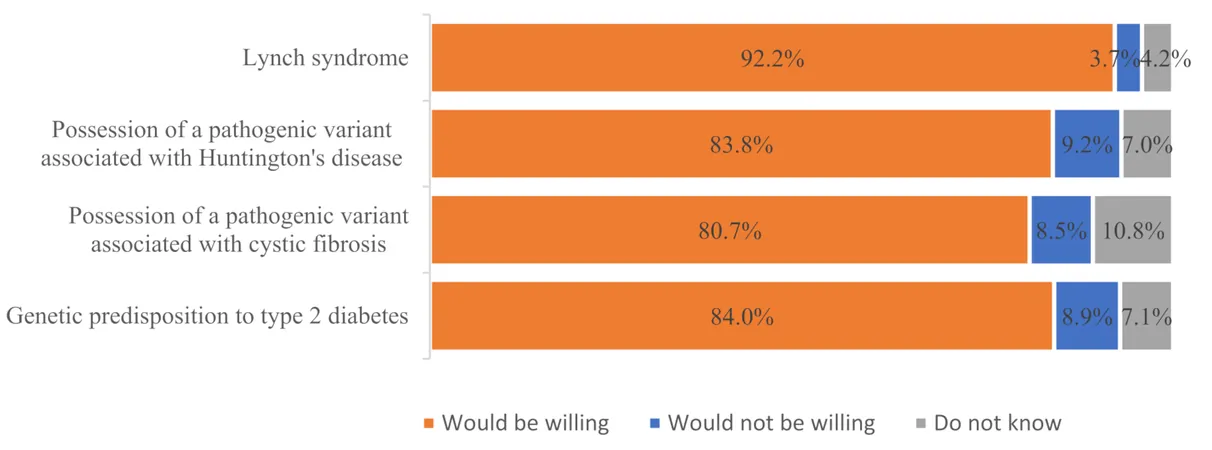
Why Mosquitoes Thrive During Droughts—A Shocking Discovery!
2025-01-18
Author: Nur
Surviving in the Face of Adversity
You might expect that a drought would spell doom for mosquito populations, but it turns out they have developed a remarkable survival strategy. During dry spells, mosquitoes bite humans more frequently to stay hydrated. Yes, you read that right—these tiny pests are increasing their attacks to replenish their moisture levels!
Lead author of the study, Christopher Holmes, stated, “We’re finding that mosquitoes bite people more than we imagined, unfortunately.” The implications of this finding are concerning, especially as the changing climate creates milder winters, which provide even further advantages for mosquito populations.
The Dark Side of Mosquito Brilliance
Typically, female mosquitoes feed on blood to produce eggs, laying them just days after consuming their meal. However, drought conditions prompt them to shift their strategy. Instead of hoarding blood meals for egg-laying, they aggressively target hosts to sustain their hydration, heightening the risk of transmitting diseases such as dengue, Zika, and malaria.
Contrary to popular belief, droughts do not reduce mosquito populations but may actually contribute to a rise in disease transmission.
Intriguing Survival Mechanisms
To better understand how mosquitoes endure droughts, researchers studied genetically modified specimens that couldn’t detect carbon dioxide, which is crucial for finding their next meal. The results were illuminating: without the ability to sense CO2, mosquitoes were unable to track down hosts and faced extinction.
Even more fascinating are the adaptations of mosquito eggs, particularly of the Aedes aegypti species, known for its capacity to withstand desiccation. Their eggs can remain dormant for nearly a year and hatch almost instantly upon contact with rainwater!
Moreover, certain mosquito species have developed ways to tolerate cold conditions, feasting on nectar before winter and storing lipids that maintain their survival until spring.
A 125 Million-Year Legacy
Mosquitoes have been around since the early Cretaceous period, about 125 million years ago, evolving extraordinary survival techniques over millions of years. While they play their role in the ecosystem, serving as food for fish, birds, and bats, they also pose a dire threat to human health, contributing to over 700,000 fatalities each year from diseases they spread.
Addressing the Mosquito Menace
The research stresses an urgent need for updated public health strategies that align with mosquito behavior in a changing climate. Innovative solutions like eco-friendly repellents, genetic interventions, and advanced outbreak prediction systems are potential tools that could help manage these persistent pests and prevent disease transmission.
Amidst global health challenges posed by mosquitoes, further research could lead to groundbreaking approaches to control their populations and protect human lives.
This study's findings were published in the journal *iScience*, shedding new light on the resilience of these pesky insects.
Stay Informed!
Subscribe to our newsletter for more insights on critical health issues and be part of the fight against mosquito-borne diseases.
Are you prepared to face the rising threat of mosquitoes? Take action now and protect yourself and your community from these formidable foes!


 Brasil (PT)
Brasil (PT)
 Canada (EN)
Canada (EN)
 Chile (ES)
Chile (ES)
 Česko (CS)
Česko (CS)
 대한민국 (KO)
대한민국 (KO)
 España (ES)
España (ES)
 France (FR)
France (FR)
 Hong Kong (EN)
Hong Kong (EN)
 Italia (IT)
Italia (IT)
 日本 (JA)
日本 (JA)
 Magyarország (HU)
Magyarország (HU)
 Norge (NO)
Norge (NO)
 Polska (PL)
Polska (PL)
 Schweiz (DE)
Schweiz (DE)
 Singapore (EN)
Singapore (EN)
 Sverige (SV)
Sverige (SV)
 Suomi (FI)
Suomi (FI)
 Türkiye (TR)
Türkiye (TR)
 الإمارات العربية المتحدة (AR)
الإمارات العربية المتحدة (AR)